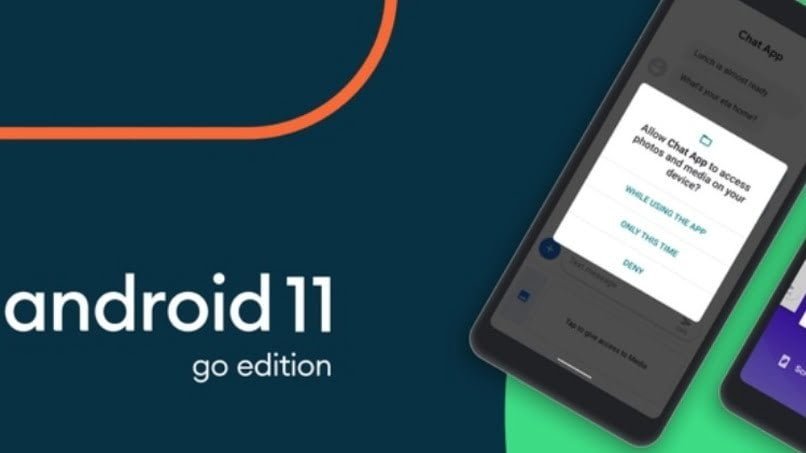Google has recently announced the Android 11 (Go edition). It is the stripped-down version of the Android 11 and will be available on new devices with up to 2GB of RAM, starting next month.
Android 11 (Go edition) features
According to a blog post by Google, Android 11 (Go edition) apps launch is 20 percent faster compared to Android 10 (Go edition), which makes it easier to switch between apps. It also features a dedicated space in the notification section that shows all the conversations.
Android 11 (Go edition) comes with new privacy and security enhancements, including one-time permissions. Users will be able to grant an app one-time access to the device’s specific sensors, such as the microphone, camera, or location. If a user does not use the app for an extended period, the app permissions will auto-reset, and the user will receive a notification of the change.
Google has also added gesture-based navigation support on Android 11 (Go edition), allowing users to navigate to the home screen, navigate backward, and switch between apps using swipes.
Android 11 (Go edition) memory requirements
Android 11 (Go edition) will be available on devices with up to 2GB of RAM, whereas the Android 10 (Go edition) was built for devices with up to 1.5GB of RAM.
“With the expansion to 2GB, apps launch up to 20 percent faster, and with an additional 270 MB of additional free memory, people can now run three to four more apps in the background. Android (Go edition) on 2GB devices also comes with up to 900MB of additional free storage space – enough to take up to 300 more selfies and download an entire movie,” Google added in its blog post.
Google confirmed to The Verge that Android 11 (Go edition) would be available only to new devices with 2GB of RAM, and the older devices with 2GB of RAM will not receive Android 11 (Go edition) as an update. Further, it is up to the manufacturers to launch new devices with Android 11 (Go edition) or Android 10 (Go edition).








